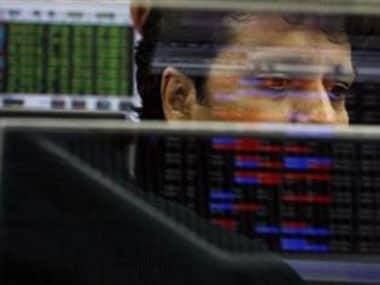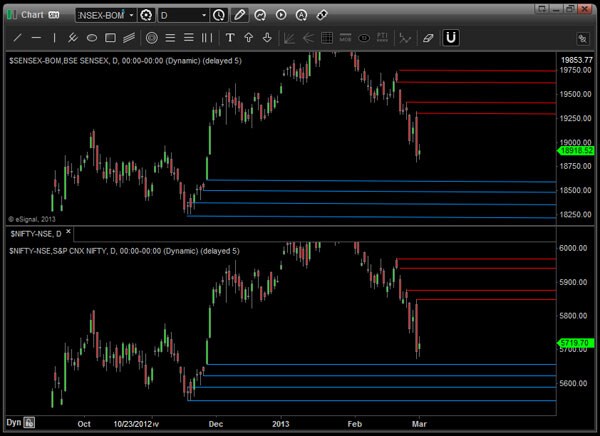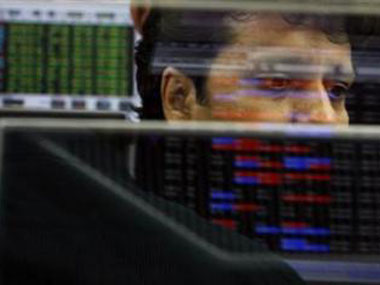By George Albert
The Indian budget continues its socialist march with higher taxes, greater spending and more subsidies. And the irony of it all is that Finance Minister P Chidambaram called for tough choices. One can only guess that tough choices don’t apply to the government.
The budget does remind one of a quote by former US President Ronald Reagan, “Government is like a baby. An alimentary canal with a big appetite at one end and no sense of responsibility at the other.”
 India has several problems. The first is high spending. So instead of spending cuts, what does the budget do. It increases spending by 16 percent in the 2013-14 fiscal year to Rs 16.65 trillion (Rs 16.65 lakh crore). This will aggravate the other problem that India has. High fiscal deficit. So how does the government propose to bridge the fiscal deficit? Higher borrowing, deficit financing and raising taxes.
Higher borrowing by the government will crowd out private sector borrowing in an already tight money situation, thereby stifling it. Deficit financing, on the other hand, will increase money supply and the velocity of money leading to cost-push inflation. India already has an inflation problem and deficit financing will only intensify the price rise.
One of the causes of high deficits is the large subsidies that the government provides. Did the budget make any attempt to reduce subsidies? Quite the contrary. It seems so, with major subsidies falling from Rs 2.57 lakh crore to Rs 2.13 lakh crore, but one wonders if this is not an underestimate in a year in which the government is launching a food security bill, and when last year’s budget estimates were exceeded by a hefty Rs 67,000 crore. So one does not see any tough choices being made by the finance minister.
Oh, wait, did someone say raising taxes on the rich and higher dividend taxes was a tough choice? That is the easiest thing to do. Hey, those rich guys can pay, right, and so can stock market investors absorb additional taxes on dividends. Hiking those taxes is an easy sell as it does not affect a majority of the voters.
Okay, it is time now to introduce the Finance Minister to the Laffer Curve which states that the higher the tax rates the lower the government revenue. So in all probability the higher rates will reduce revenues and widen the fiscal deficit.
What happens when taxes are increased. People change behaviour. For instance, if dividends get taxed, less money will go to the stock markets, which leads to a fall in the major indices or stem its rise. Companies too will change behaviour and not pay dividends and switch to issuing bonus shares or keep money in reserve to push up stock values. All of this will reduce government revenues. And that tax on the rich. One can say bye-bye to increased revenues. It is easy for the rich to fiddle around with numbers to show income lower that Rs 1 crore.
India has a huge taxing problem with a low tax base. Finance ministry data states that only three percent of the country’s population pays taxes. That is 35 million taxpayers and only 42,000 of them earn Rs 1 crore or more. That is a sad state of affairs. Unless the country sheds its socialist bias of ever rising government spending, on the one hand, and finally opts to increase the tax base, on the other, we will not see the problems of high deficits and inflation solved. So the tough choices should have looked something like this. Reduce government expenditure and broaden the tax base.
Market view: From the stock market’s point of view, not much has changed to drive the indices in either direction. On the announcement of the budget the markets were punishing, as expectations were not met. However, remember that market was bearish for some time and had broken a key support level on Tuesday. Please check the chart for the support and resistance levels.
The chart on top is that of the Sensex and the one below is the Nifty. The support levels are marked in blue horizontal lines and resistance in red. We’d only take positions when prices reach these levels.
From a long-term perspective remember that even though higher deficits and inflation are bad for the economy they are not necessarily so for the stock market. One could see higher deficits erode the real value of income and savings but the nominal value of stocks could rise given the excess liquidity created.
George Albert is Editor, www.capturetrends.com


)
)
)
)
)
)
)
)
)



